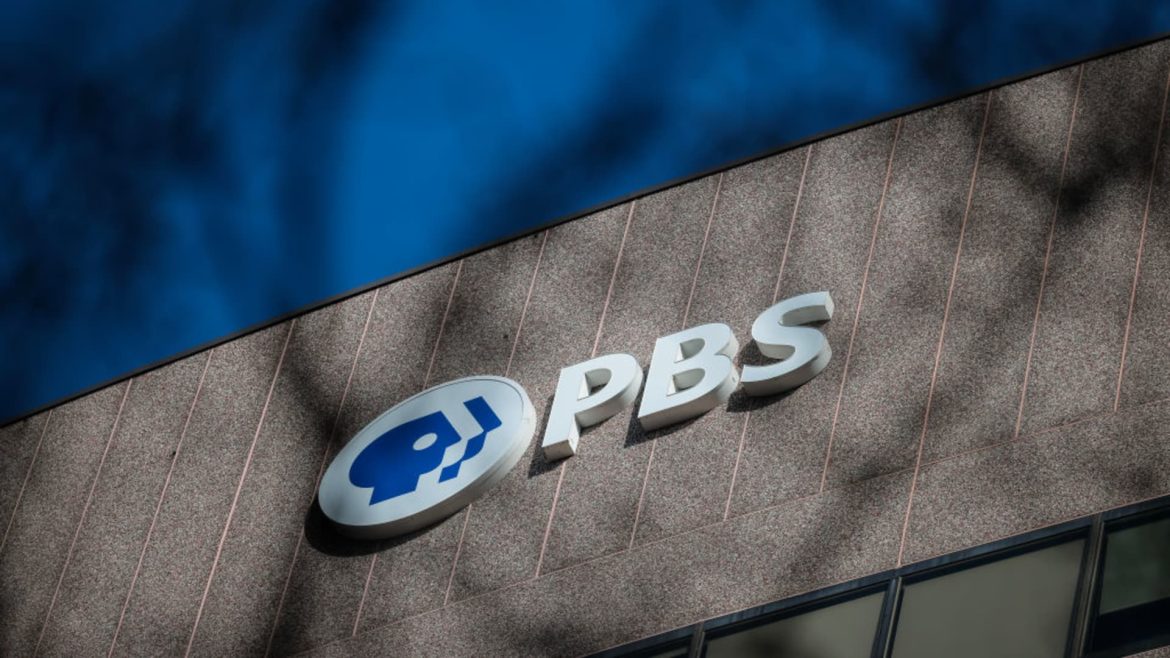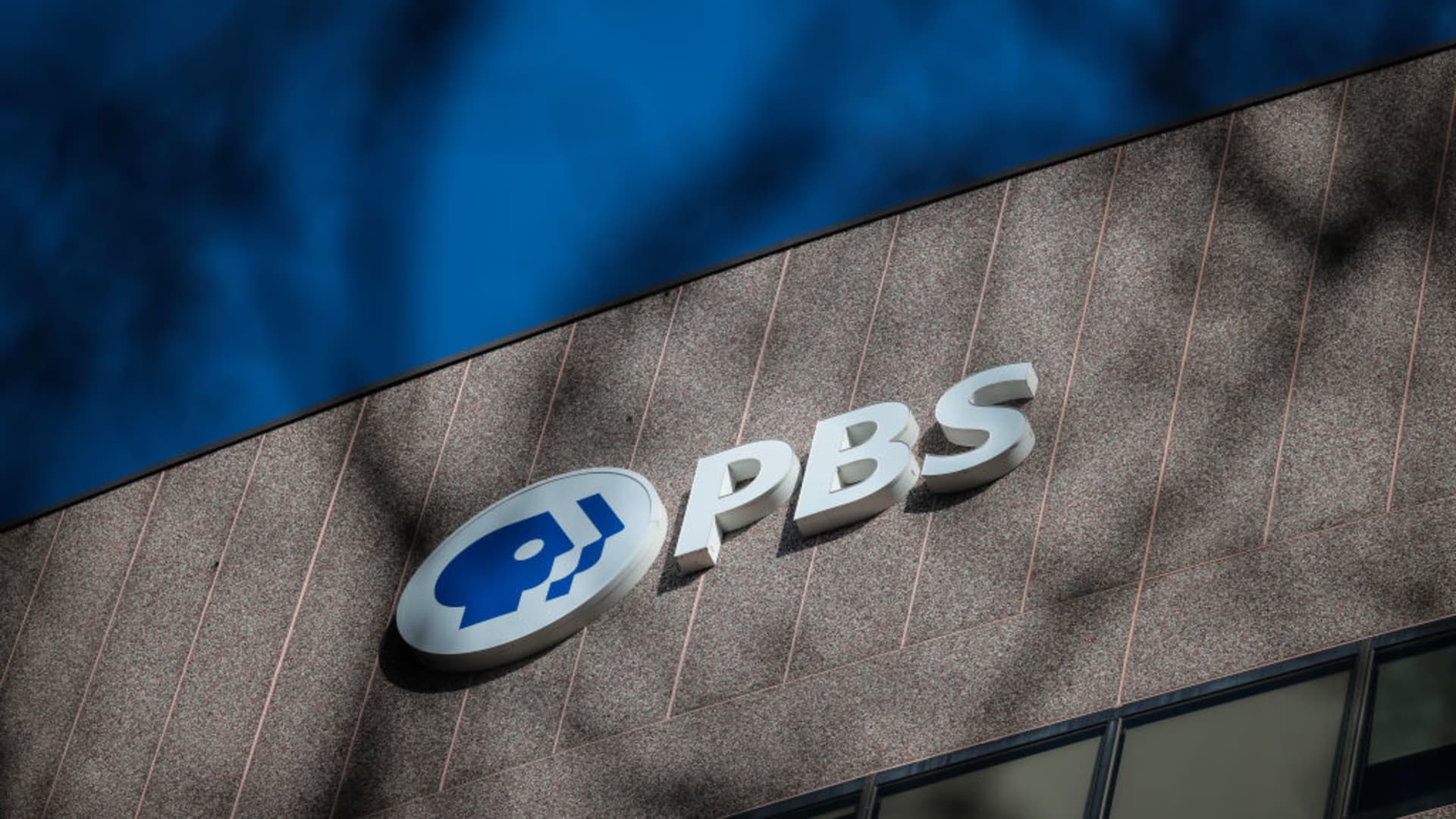The Fight Over Federal Funding for Public Media: NPR, PBS, and the Trump Administration
The recent executive order issued by President Donald Trump to cut federal funding for National Public Radio (NPR) and the Public Broadcasting Service (PBS) has triggered a heated legal and political battle. This conflict raises questions about executive power, the role of publicly funded media in democracy, and constitutional protections. Analyzing this controversy requires unpacking the executive order’s intent, the legal challenges it sparked, and the broader implications for public broadcasting in the United States.
Background: Trump’s Executive Order and Its Target
In May 2025, President Trump signed an executive order directing the Corporation for Public Broadcasting (CPB) and other federal agencies to cease all federal funding for NPR and PBS. The administration justified this move by accusing these organizations of delivering biased and “left-wing” reporting that presents an unfair portrayal of current events. The order labeled NPR and PBS—the two largest public media broadcasters in the U.S.—as partisan entities undeserving of taxpayer subsidization, despite decades of bipartisan congressional support for such funding.
The executive order also sought to alter the governance of CPB by firing three of the five members of its board, a move criticized as overreach and an attempt to dismantle the public broadcasting system’s oversight and independence. This directive threatened to undermine the existing structure that channels over half a billion dollars annually from the federal government to public stations nationwide, spanning over 330 public television and 246 public radio stations.
Legal Battles: NPR, PBS, and Affiliates Take Action
In immediate response, NPR, PBS, the CPB board members, and numerous local public radio and TV stations launched lawsuits challenging the executive order. Their core arguments assert that the president exceeded his constitutional authority and infringed on First Amendment protections, particularly free speech and press freedoms. They contend the executive action constitutes viewpoint discrimination by targeting NPR and PBS based on alleged political bias, an impermissible government encroachment on editorial independence.
For NPR, the lawsuit filed in federal court highlights that the president’s directive infringes upon Congress’s sole power to appropriate federal funds, thereby violating the constitutional separation of powers. NPR and its affiliate stations argue that halting government funding unilaterally via executive order disrupts longstanding congressional funding decisions without legislative input.
Similarly, PBS’s complaint emphasizes the unconstitutional nature of the order and frames it as retaliatory punishment for ostensibly critical reporting. PBS President Paula Kerger characterized the executive order as “blatantly unlawful” and an affront to the mission and sustainability of public media. The lawsuits seek injunctions to prevent the administration from enforcing the funding cuts and firing CPB board members.
Wider Context and Implications
Public broadcasting in the U.S. has traditionally balanced funding sources between federal grants, private donations, and corporate sponsorships, with federal funding accounting for roughly half a billion dollars annually—significant but not the majority of their budgets. This public investment has supported educational content, local programming, and trusted news sources across diverse communities.
The Trump administration’s moves represent a dramatic shift, challenging this model on the grounds of alleged bias and political disagreements. Such executive action uncouples funding decisions from the democratic processes of Congress and threatens the financial viability of a network serving millions daily.
Beyond immediate financial concerns, the dispute raises fundamental questions about press freedom in America. By targeting publicly funded media outlets for punitive funding cuts, the executive order challenges norms against governmental punishment of media due to editorial perspective. This precedent could impact not only NPR and PBS but also other public interest media entities and independent journalism nationwide.
Organizational and Community Responses
PBS, NPR, and their affiliated stations have mobilized legal, public relations, and grassroots efforts to resist the order. They made appeals to courts to safeguard free speech rights and protect the future of noncommercial, independent journalism. Community support remains strong, with many Americans valuing public broadcasting for educational programming, in-depth reporting, and trustworthy news.
The lawsuits also highlight the importance of governance structures like the CPB board, emphasizing that executive interference threatens institutional checks and balances vital for media independence. Removing board members unilaterally risks crippling public media’s oversight and operational continuity.
Conclusion: A Crucial Moment for Public Media and Democracy
The unfolding legal confrontation over President Trump’s executive order to cut funding to NPR and PBS represents more than a budget dispute; it is a pivotal episode at the intersection of government power, media freedom, and democratic accountability. As NPR, PBS, and affiliated organizations contest the order in courts, the nation confronts fundamental issues about the role of public media, the limits of presidential authority, and the preservation of a diverse, independent press.
Protecting the principles of free expression and maintaining robust public media systems that serve all Americans is at stake. How the courts and Congress respond will shape the future landscape of journalism and public broadcasting for years to come. This battle exemplifies ongoing tensions between political power and media institutions, reminding us that safeguarding democratic norms requires vigilance, legal defense, and public engagement.





